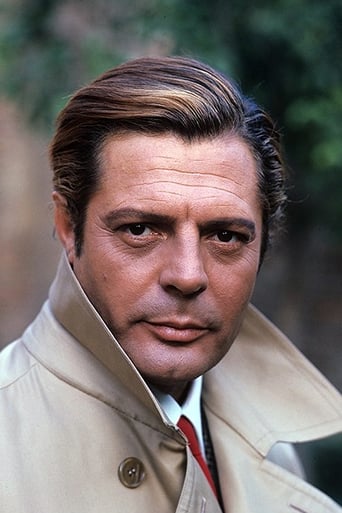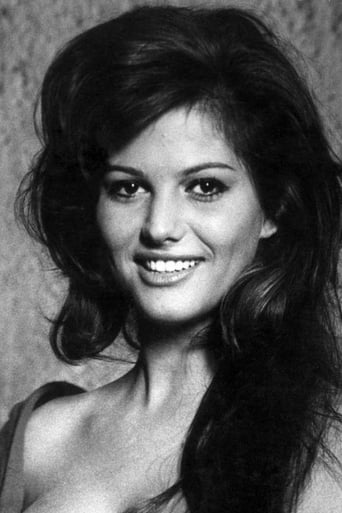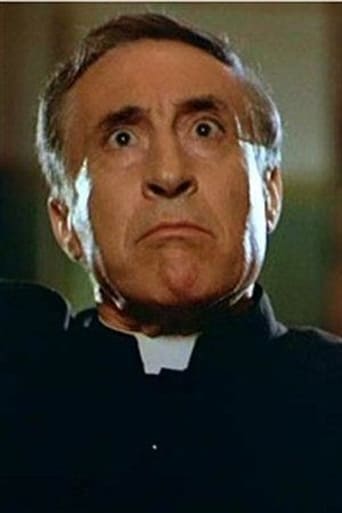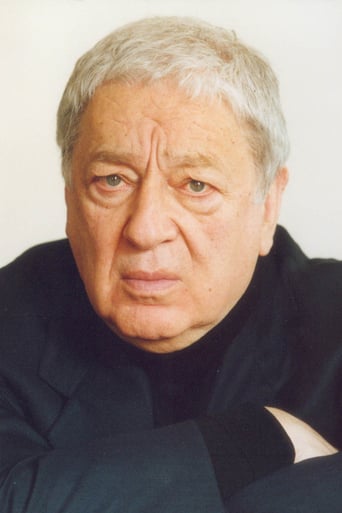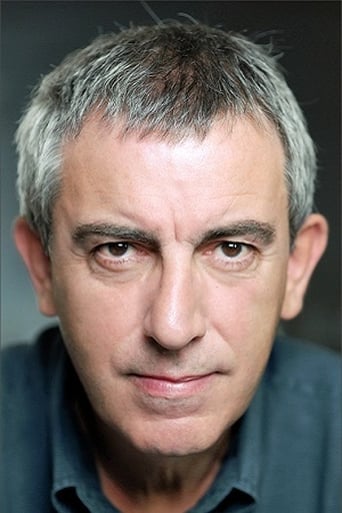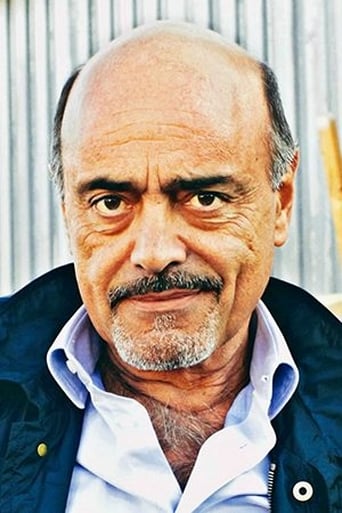Livestonth
I am only giving this movie a 1 for the great cast, though I can't imagine what any of them were thinking. This movie was horrible
SeeQuant
Blending excellent reporting and strong storytelling, this is a disturbing film truly stranger than fiction
Ogosmith
Each character in this movie — down to the smallest one — is an individual rather than a type, prone to spontaneous changes of mood and sometimes amusing outbursts of pettiness or ill humor.
Lachlan Coulson
This is a gorgeous movie made by a gorgeous spirit.
runamokprods
Marcello Mastroianni is masterful in the solid film adaptation of Pirandello's tricky play about the nature of sanity, madness and fantasy. Subtle yet grand, tragic and very funny, Mastroianni gives tremendous life to the sometimes slightly dry and otherwise intellectual ideas underneath the story. A mad Italian aristocrat who has spent 20 years believing he's King Henry IV, and has been surrounded by sycophants willing to play along. Now a doctor and his ex-lover try to 'cure' him, leading to some interesting and unexpected results. It takes a while to get going, but the last third is wonderful, and the whole thing is pretty fascinating. I will say, the score drove me a bit crazy. It often felt intrusive – alternately too heavy handed and on the nose, or having little relationship to what was going on on screen. But that's hardly enough to ruin a great performance in a film that raises more than it's share of interesting questions.
rsoonsa
Admittedly freely adapted from Pirandello's greatest play, this film provides the finest performance of Marcello Mastroianni's distinguished career, while tribute should be made as well to director Marco Bellocchio's "cinema of style" which provides the only possible method for this type of work in this medium to be an artistic success. During a costume pageant, a young man suffers a head injury when thrown from his stumbling horse, ostensibly becoming insane as a result, being then placed in an asylum converted from a medieval castle, occupied only by him and four valets, all paid for by his nephew. His madness takes the form of an apparent delusion that he is Henry IV, ruler of the Holy Roman Empire in the 11th century, with the four valets being his private counselors of the king's chamber, challenged after 20 years when the former inamorata of Henry (Mastroianni), still-desirable Matilda (Claudia Cardinale) visits the castle with a psychiatrist (Leopoldo Trieste) and a convoluted but reasonable scheme to shock her deluded erstwhile love back into the world of the sane. The three characteristics that are present in varying degrees in all humour: incongruity, irony, and surrealism, share a cardinal responsibility for the success of this work, the ironic factor being that all parts cast are portrayed by actors filling roles as actors. Sly Henry, seeming to still seek absolution from Pope Gregory to overturn his excommunication, utters the playwright's salient line that madness occurs only when one wears a mask but does not know it. Bellocchio, who has filmed two of Pirandello's creations from the Theatre of the Absurd, is responsible for the screenplay in this instance, setting about to illuminate the differing manners in which people play their parts in life, and their anguish when their masks are cracked. A psychoanalytic rather than his wonted socio-political motif has captured the creative point of view of the director in HENRY IV, with his aesthetic research bringing about, through his masterful use of colour and camera movement, a panoply of interior realities for us to savour.
